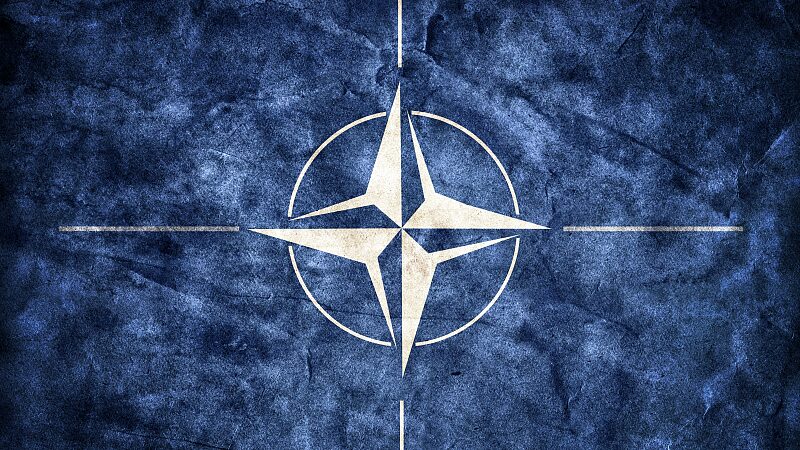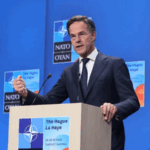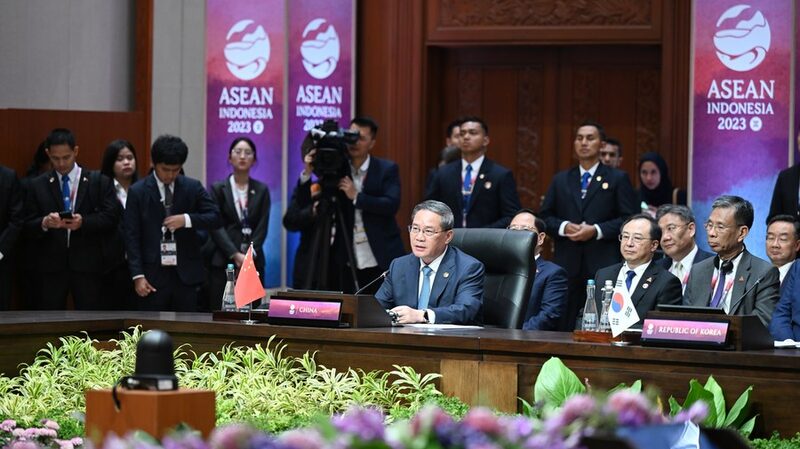NATO Secretary-General Jens Stoltenberg recently highlighted that the nearly 75-year-old military alliance is operating in \"the most dangerous world in decades.\" 🌐🔍
However, some critics argue that rather than mitigating these global threats, NATO's actions may be intensifying them. By supporting various conflicts, NATO might be inadvertently playing a role in escalating tensions. 🚀💣
One of the most pressing issues on the global stage is the six-week-old Israel-Hamas conflict. While U.S. officials frequently warn about the potential for this conflict to escalate into a broader Middle Eastern war or even World War III, some believe that the U.S. and NATO's support for Israel is further inflaming the situation. This support spans military, financial, and diplomatic realms, leading to significant backlash both on the streets and within NATO member nations. 🕊️⚔️
Additionally, the ongoing war in Ukraine serves as a stark reminder of NATO's challenges. Despite substantial aid and support over 20 months, victory remains elusive, raising questions about the alliance's efficacy in resolving conflicts. As NATO grapples with these issues, the prospect of engaging in new conflicts appears increasingly daunting. 🛡️🌍
With rising tensions and widespread dissent, the future of NATO in maintaining global stability remains uncertain. As young professionals, students, and global citizens, it's crucial to stay informed and engaged with these developments shaping our world. ✨📰
Reference(s):
cgtn.com




